Recent graduate Valeria Topalo explores what the war feels like from the perspective of neighbouring Moldova.
Russia’s gruesome invasion of Ukraine has galvanised a powerful international response. If the Russian occupiers thought they could capture Kyiv within 72 hours, Ukrainians continue to defy expectations seven months on with their resilience and national unity.
Increasing fear
What does the situation look like in and from Moldova? As a Russian-speaking Eastern European with Moldovan and Ukrainian roots, I have become increasingly fearful of residing under the influence of one of the largest powers. Moldovans have felt immediate horror at rockets landing on residential buildings in their neighbouring country, and at incomprehensible mass killings in Bucha, Irpen, and Mariupol recreating images familiar from World War II atrocities.
Moldova has welcomed nearly 500,000 Ukrainian refugees. The nation of 2.6 million keep watch over Odessa, the Ukrainian port just 155 km from the capital of Moldova, Chisinau, with bated breath, as Russia has revealed a plan to move on to ‘saving’ ‘oppressed’ Russian speakers in Moldova after acquiring control over southern Ukraine. Many Moldovans have made preparations to leave should Putin’s plan to restore a ‘Russian world’ in Odessa succeed.
As Moldova’s Prime Minister noted, the country has a ‘troubled history in a complicated region’. The search for cultural identity has played a pivotal role in this. Previously known as Bessarabia, Moldova was a part of the Romanian principality of Moldavia until 1812. It was then ceded to the Russian Empire and remained one of its provinces until after World War I, subsequently forming a part of Greater Romania, before reverting to Russian control in 1940–41 and again after World War II, when it was connected to a strip of former Ukrainian territory. Upon the USSR’s collapse in 1991, Moldova declared its independence.
Soviet versus European allegiances
About three quarters of Moldova’s population are ethnic Moldovans, culturally closest to Romanians. Many others, predominantly Russian speakers, have Ukrainian, Russian, or Bulgarian roots and ancestors who were either native to the region or migrated there during Russian and Soviet control. With the official language being Romanian, Russian-owned media and propaganda have served as tools in fuelling false romanticism about the USSR amongst some parts of the Russian-speaking population, especially among the older generation. So the crucial dividing line in the country has been not so much ethnicity, but people’s ‘pro-Soviet’ or ‘pro-European’ sentiments within the state. Tensions have also been rising recently in Transnistria, the pro-Russian and Moscow-backed separatist region of Moldova that borders southwestern Ukraine, further entrenching the ‘lasting legacy’ of this pro-Soviet versus pro-European division; although, to be sure, both Moldova and Transnistria share interest in staying out of the war.
As the European Parliament stressed in May 2022, Russia has also sought to influence Moldova’s political trajectory through its gas supply to what is one of the poorest countries in Europe. Nevertheless, in recent years, a pro-European sentiment has significantly grown within the population’s large majority, connected to concerns for national security and territorial integrity and a desire to strengthen the rule of law and the country’s independence. After all, the nation has witnessed first-hand how the lack of the rule of law resulted in corrupt governments coming to power. The war in Ukraine has accelerated Moldovan aspirations to break away from Moscow’s influence. It is clear for Moldovans, however, that the future of their country depends on the outcome of this war.
And the EU?
Why would this interest the EU? Beyond the fact that the EU granted Moldova, along with Ukraine, EU candidate status in June 2022, any cession on Russian terms would be a defeat not only for the Ukrainian and Moldovan future, but of hard-won European ideals. As Timothy D. Snyder suggests, a Russian victory would be a victory for believers in aggression and propaganda, and for ‘schizo-fascism’, whereby ‘actual fascists call their opponents ‘fascists’ and treat World War II as an argument for more violence’. It would pose a serious threat to the EU’s constitutional identity, built not least on the rejection of fascism.
To be sure, the EU might feel it got badly burned by admitting to the union countries such as Hungary that have subsequently slid into illiberal regimes. There is a concern that the same thing would happen again if it reached out to countries like Moldova – where democratic governance has not fully emerged and corruption has pervaded governance for decades. And yet, the EU’s interest, and its obligation to act, lie in its commitment to the values of liberal democracy enshrined in Article 2 of the Treaty on European Union. A bridge must be built through a dialogue between European and Moldovan institutions, for only this could act as an antidote to the manipulation and toxic legacy of Russian schizo-fascism, in Moldova, Transnistria and beyond.
Moldova is an interesting challenge for the EU, since it is in the European self-interest to get Moldova on board as a member state in the future. And, just as with Ukraine, that would support the international legal order long-term. The future not only of Ukraine and Moldova, but also of liberal democracy and the rule of law more generally, depends on the decisiveness of Europe’s response. And history teaches us that the security and stability of Europe is currently at stake in those countries.
Valeria Topalo is an Alumna of UCL Laws (LLB Law 2022), and an aspiring International Human Rights Barrister, currently employed at a Mayfair Law Firm and due to commence the Legal Internship at REDRESS and the Bar Course at The Inns of Court College of Advocacy in 2023.
Photo: Reception centre for Ukrainian refugees set up in the “Manej” athletics centre of Chișinău, Moldova. Gikü, CC0, via Wikimedia Commons.
Note: The views expressed in this post are those of the author, and not of the UCL European Institute, nor of UCL.
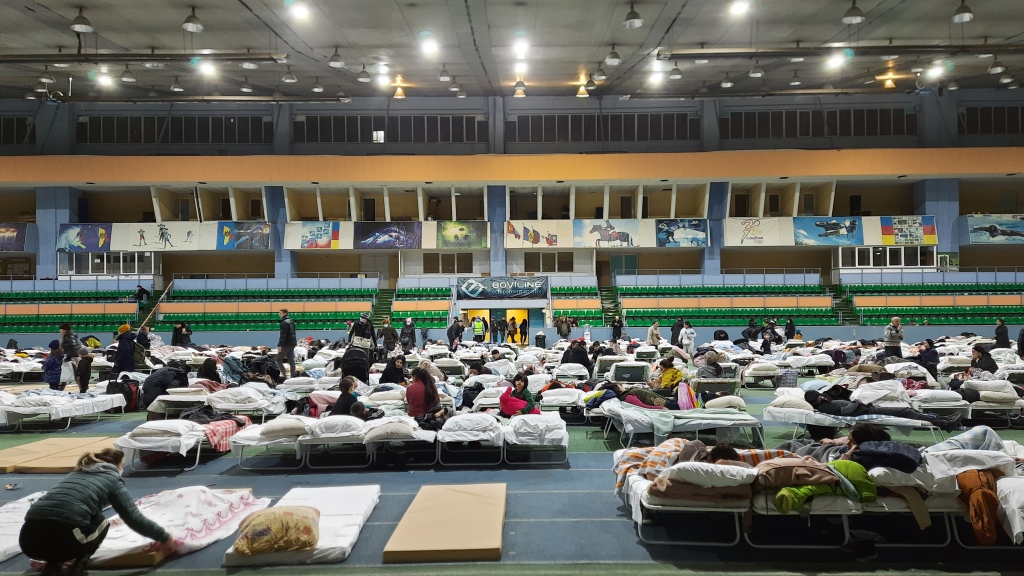
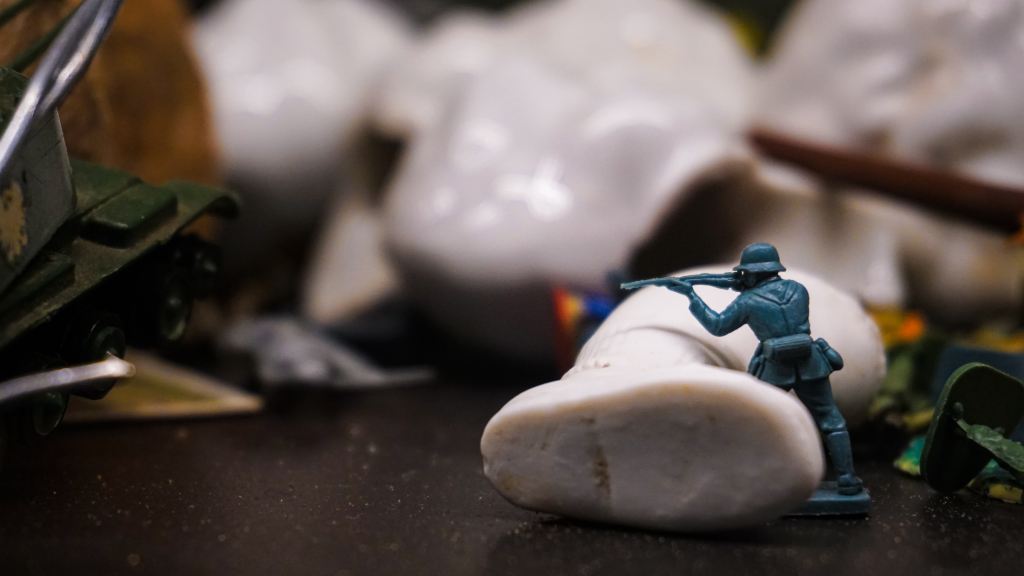
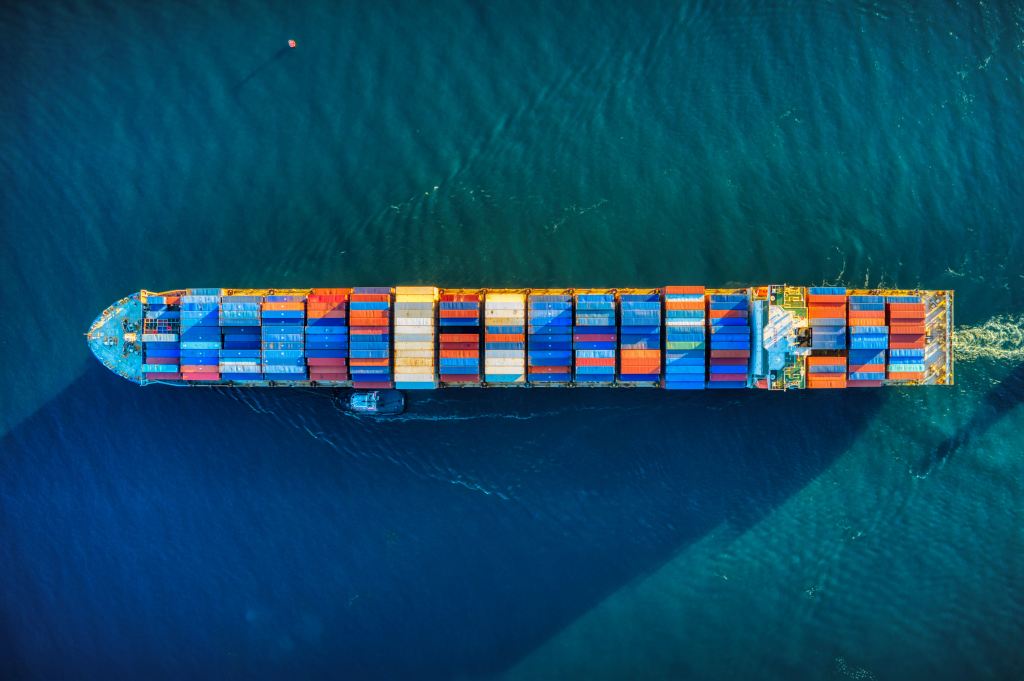
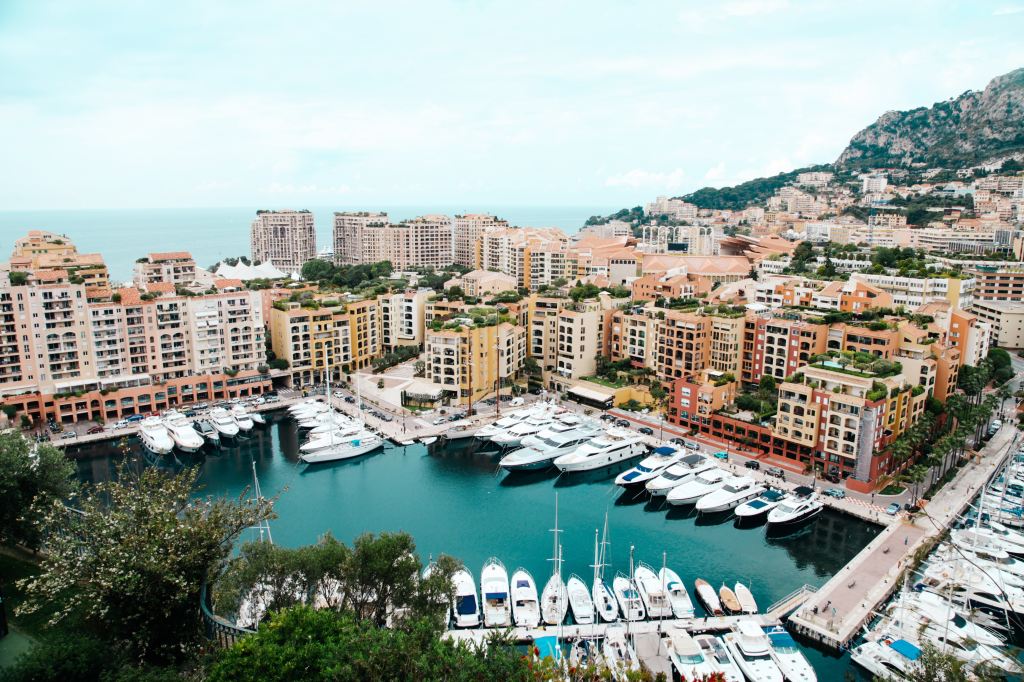
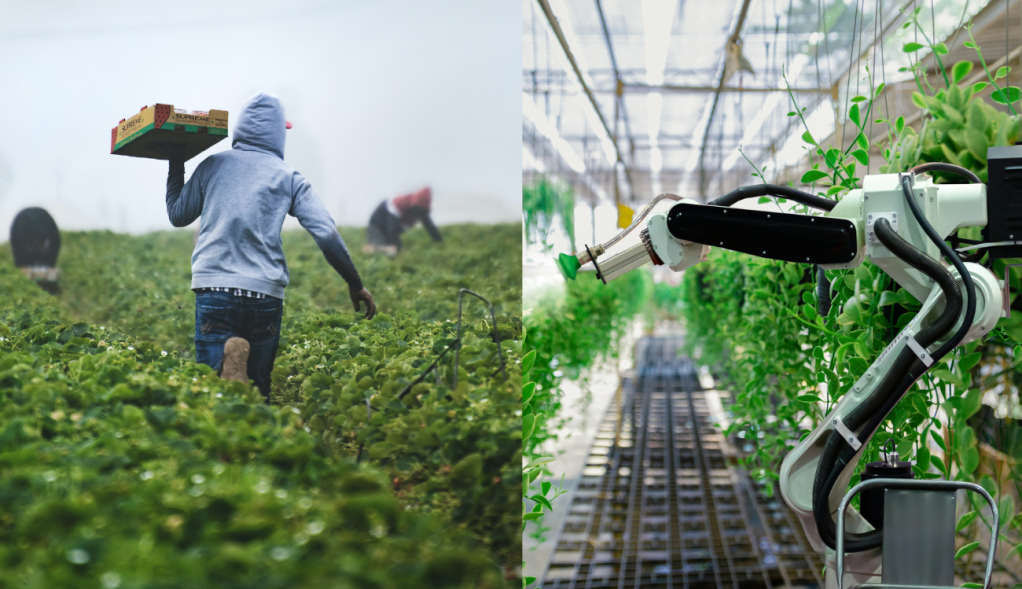
Leave a comment